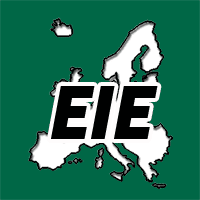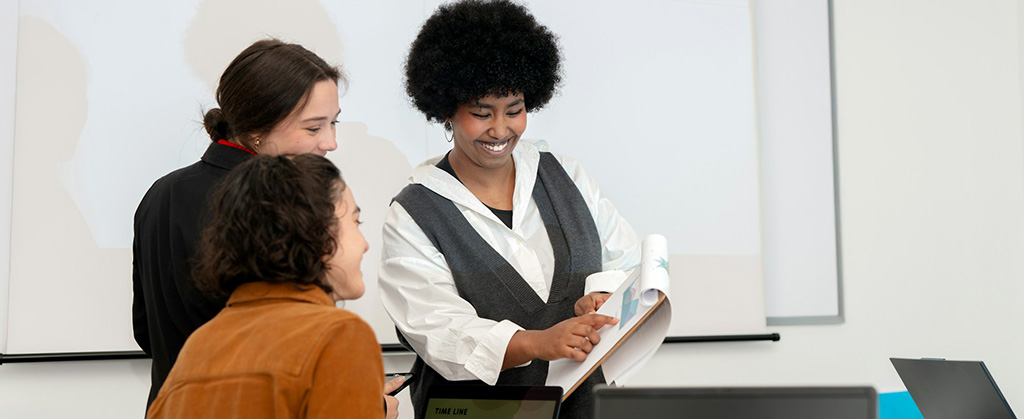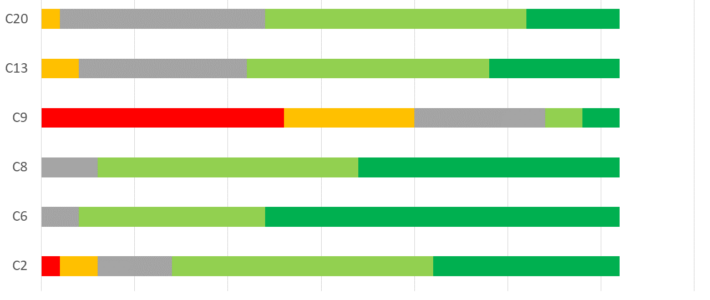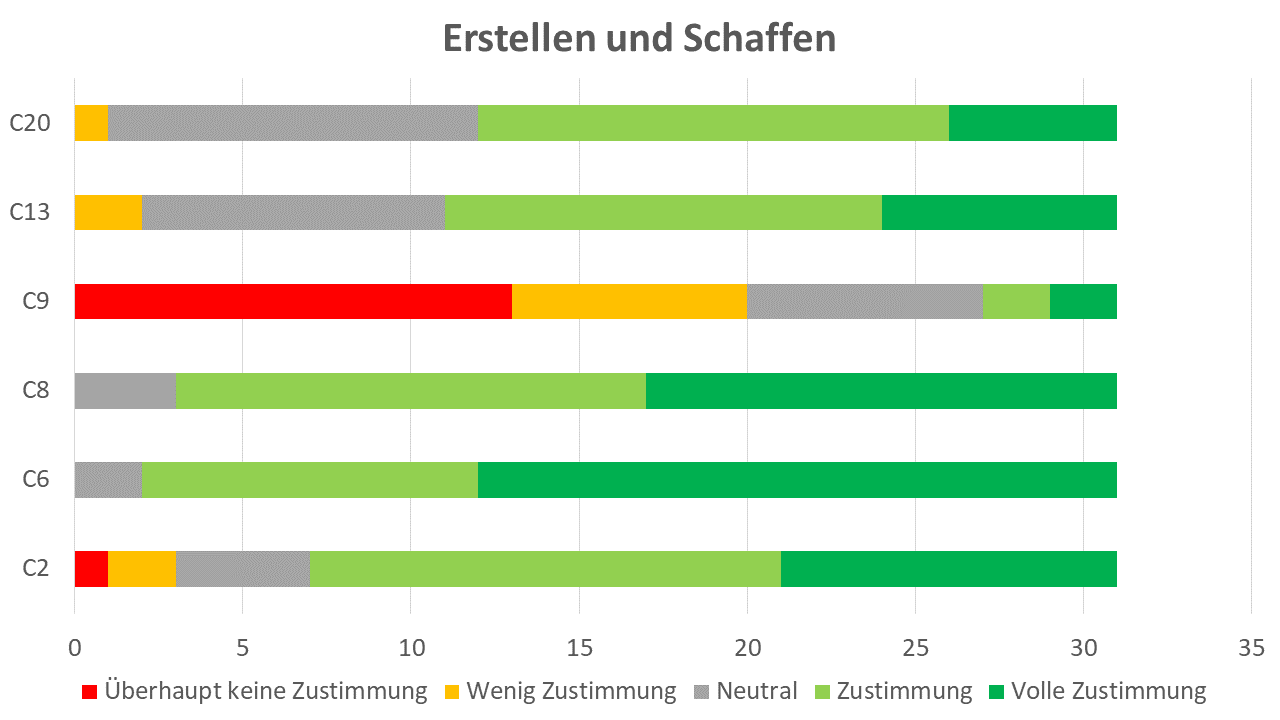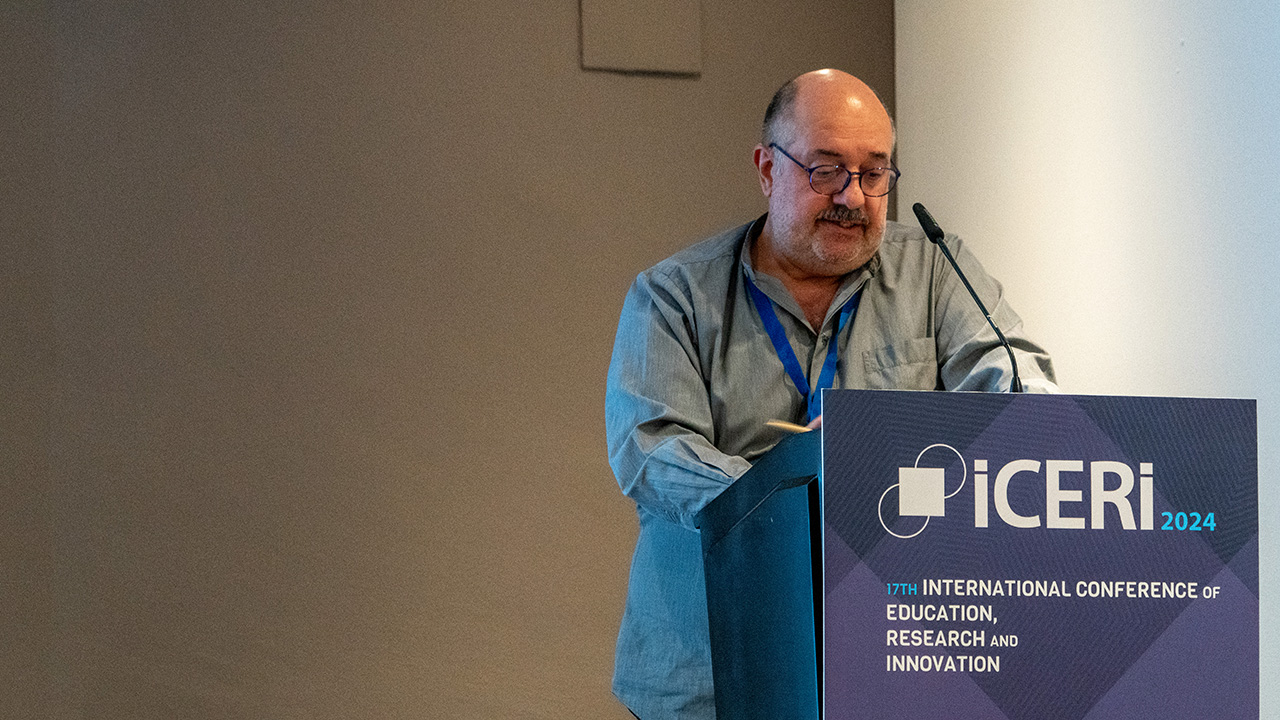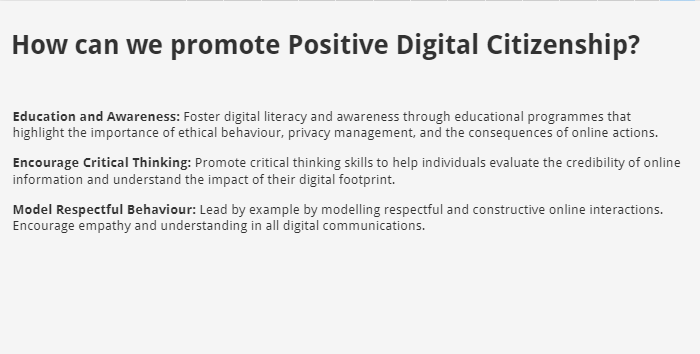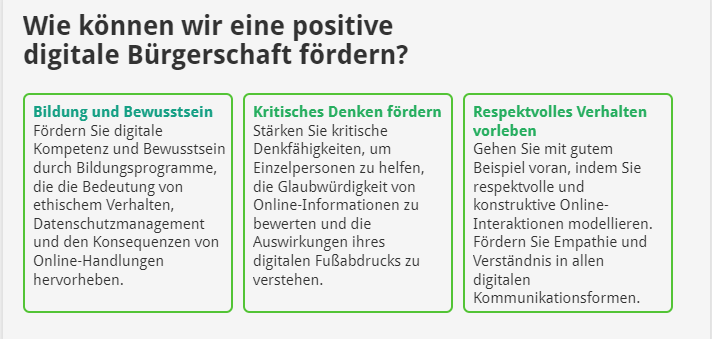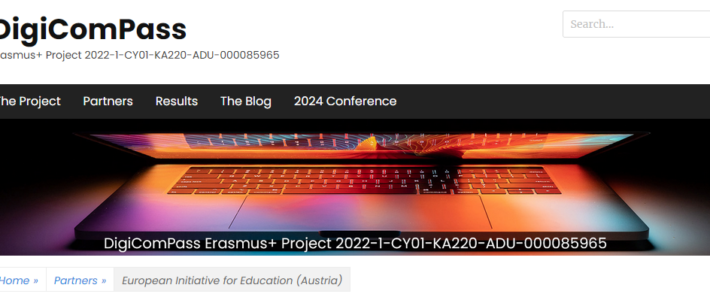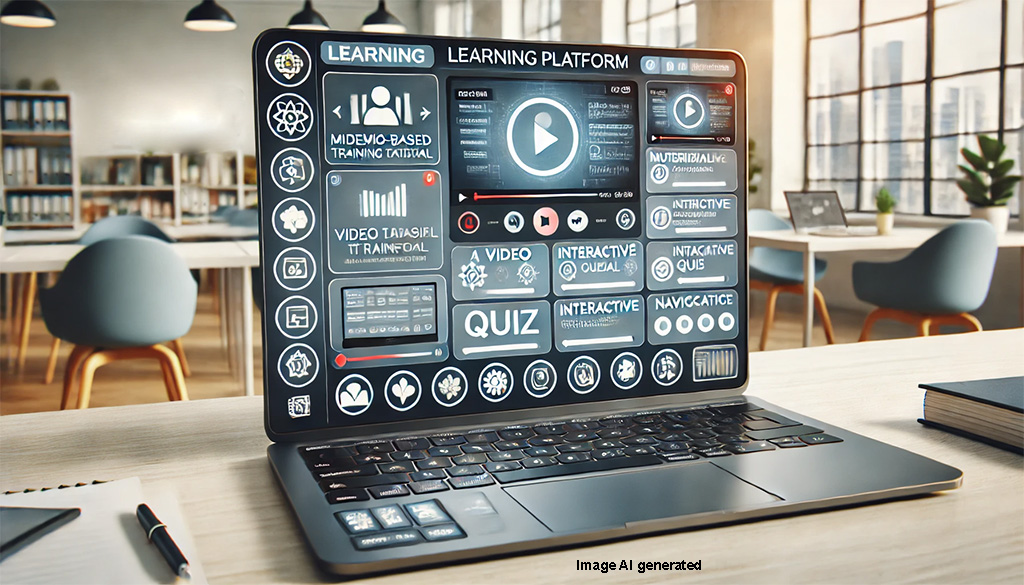BonJour! Project: The Media Educator

This text summarises the results of the focus rounds implemented at the project’s start. The team from Fundacja PSP (Poland) analysed and translated the provided feedback into readable form. This part focuses on the new-to-develop “Media Educator”.
Profile of the Media Educator for Adults 55+
This document provides insights into media educators’ roles, responsibilities, and competencies in working with adults aged 55 and older. It presents findings from several countries, highlighting the required skills, recommended teaching approaches, and existing training or certification programs. Below is a structured summary of the key findings.
1. Role and Responsibilities of a Media Educator
Each country defines the media educator’s role as a mentor, facilitator, and guide rather than a traditional teacher. The main focus is on supporting seniors in navigating digital media, developing critical thinking skills, and overcoming technological fears.
Key Responsibilities Across Countries
- Supporting learners emotionally and socially, bridging the intergenerational gap.
- Adapting to different learning personalities and traditional teaching expectations.
- Fostering independent learning rather than passive knowledge reception.
- Being flexible, resistant to criticism, and open to continuous learning.
Country-Based Overview
- Poland (PSP & IFAE): The educator must act as both a mentor and a partner, ensuring seniors feel empowered to learn at any age. The role involves teaching and helping seniors apply media literacy skills in real life. The educator must also be prepared for dominant personalities and traditional learners who may resist new teaching methods.
- Portugal: Information is outdated, and no clear definition is provided.
- Turkey: The educator must deeply understand the learners’ behaviours, sensitivities, and preferences. A needs analysis is essential before starting instruction.
- Italy: The media educator’s primary responsibility is to support seniors in accessing digital tools, recognizing online risks, and using media for social inclusion. Educators should take a friendly and companion-like approach.
- Austria: The role involves teaching digital skills, building confidence, and reducing fear. The educator should create motivation and emphasize the value of lifelong learning.
2. Required Competencies
Media educators working with seniors need a combination of pedagogical, communication, digital, and emotional intelligence skills to be effective.
Country-Based Overview
- Poland (PSP & IFAE): Educators must master group dynamics, active listening, and assertiveness. They need to be prepared for disruptive learners, strong personalities, and age-specific cognitive challenges.
- Portugal: No clear competencies are outlined.
- Turkey: The most important skill is digital literacy, ensuring seniors can access and use digital tools effectively.
- Italy: The educator must have strong pedagogical skills to make digital skills accessible for older learners. They should be capable of explaining digital platforms, social media, and online risks in simple terms.
- Austria: Emphasis is placed on critical thinking, recognizing misinformation, and overcoming fear of mistakes.
Core Competencies Across Countries:
- Pedagogical Skills: Understanding adult learning strategies and adapting methods for seniors.
- Communication Skills: Using clear, slow speech, large fonts, and accessible language.
- Digital Competencies: Teaching practical digital skills such as smartphone use, social media, and online safety.
- Group Dynamics & Emotional Intelligence: Managing diverse personalities, fostering trust, and handling criticism constructively.
- Critical Thinking & Misinformation Awareness: Helping seniors evaluate online sources and recognize fake news.
3. Teaching Methods and Learning Approaches
The document highlights the need for engaging, hands-on, and flexible teaching methods tailored to the needs of older adults in all countries.
Country-Based Overview
- Poland (PSP & IFAE): Educators should use interactive teaching to ensure learners can apply real-life media skills. Preparation is key, and educators must stay informed about current events and trends.
- Portugal: No details are provided.
- Turkey: Teaching should be based on individual needs and preferences, ensuring learners feel comfortable and respected.
- Italy: The approach should be friendly and supportive, guiding seniors to explore digital tools at their own pace. The educator should focus on real-life applications of digital technology.
- Austria emphasizes short, practical sessions, hands-on learning, and a mix of in-person and online formats. To create an open learning environment, fear of mistakes should be addressed early.
Best Practices Across Countries
- Short and Interactive Sessions: To accommodate limited attention spans.
- Practical, Hands-On Learning: Ensuring learners can immediately apply their learning.
- Adaptation to Seniors’ Needs: Slower speech, simplified terminology, and larger text displays.
- Safe and Encouraging Learning Environment: Mistakes should be seen as part of the learning process.
- Mixed Learning Formats: Combining in-person guidance with digital resources.
4. Training and Certification for Media Educators
Some countries suggest specific training programs, while others emphasize the importance of coaching skills and on-the-job experience.
General Recommendations
- Trainer’s Training: Educators should have instructional design and adult education training.
- Coaching & Mentorship Skills: Emotional intelligence, patience, and communication are key.
- Digital Literacy Certifications: Some countries suggest educators pursue digital skills training to stay updated.
- On-the-Job Experience: Many educators learn best through practice and direct engagement with seniors.
Country-Based Overview
- Poland (PSP & IFAE): While formal training is beneficial, a “human attitude” and coaching professionalism are often more important. A trainer’s training program can help structure lessons effectively.
- Portugal: No recommendations provided.
- Turkey: It recommends an 80-hour certified program from Istanbul University designed for media educators working with older adults.
- Italy: No specific certifications are mentioned, but digital and pedagogical skills training is essential.
- Austria: No formal certifications are listed, but the ability to guide learners through critical thinking and hands-on practice is emphasized.
5. Conclusion: Key Takeaways for Media Educators
This document summarises media educators’ complex and evolving role for adults aged 55+. While different countries have specific approaches, several common principles emerge:
- Media educators must act as mentors and facilitators, not just teachers.
- Strong interpersonal and emotional intelligence skills are required to manage diverse learners.
- Pedagogical adaptability is essential—teaching methods should be flexible and customized.
- Practical, hands-on learning is more effective than theory-based approaches.
- Building confidence in older learners is crucial—fear of mistakes must be eliminated.
- Training and certifications vary across countries, but coaching experience and digital competency are universally valued.
About the BonJour! Project
The spread of disinformation and misinformation poses risks to democracy, public health, and social cohesion, particularly affecting older adults who often lack adequate media literacy. The BonJour project aims to bridge this gap by enhancing media literacy, journalism skills, and digital competencies for people over 55, fostering their social activism, and reducing the generational digital divide through blended learning formats.
Project number: 2023-1-IT02-KA220-ADU-000160320
Webpage: www.bonjour-project.eu/
